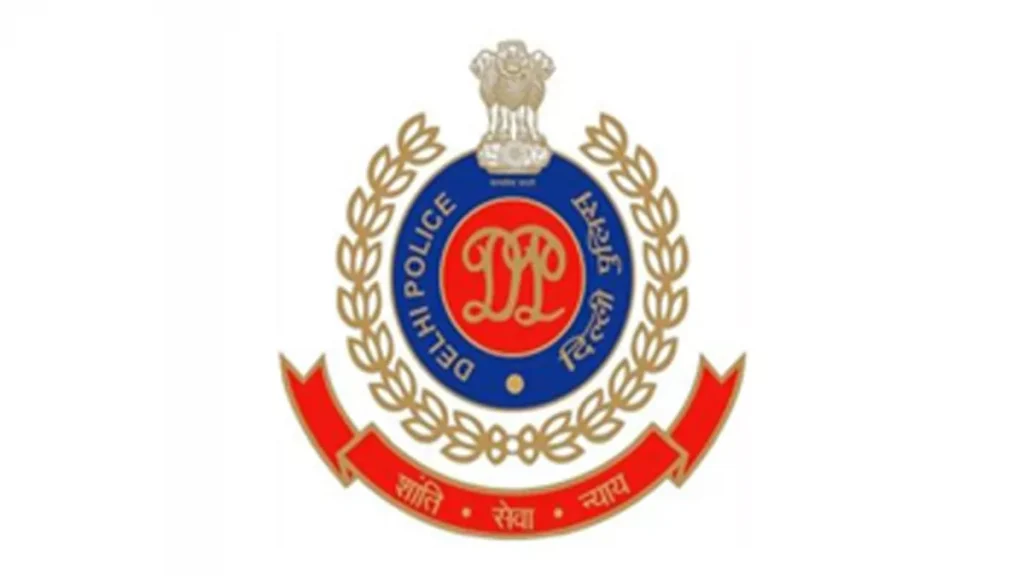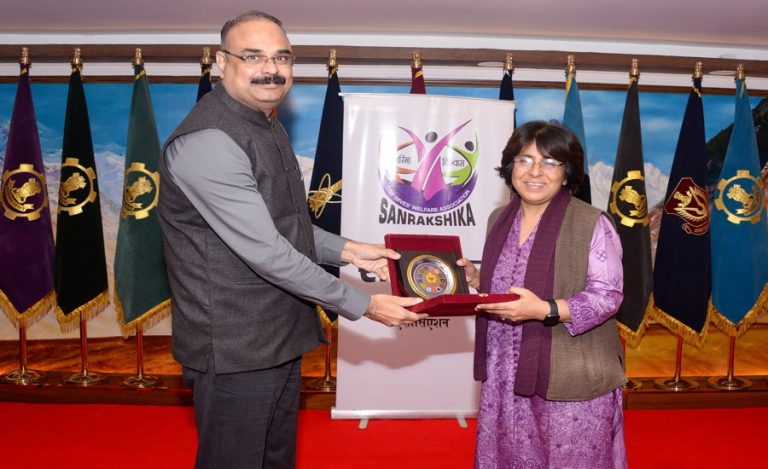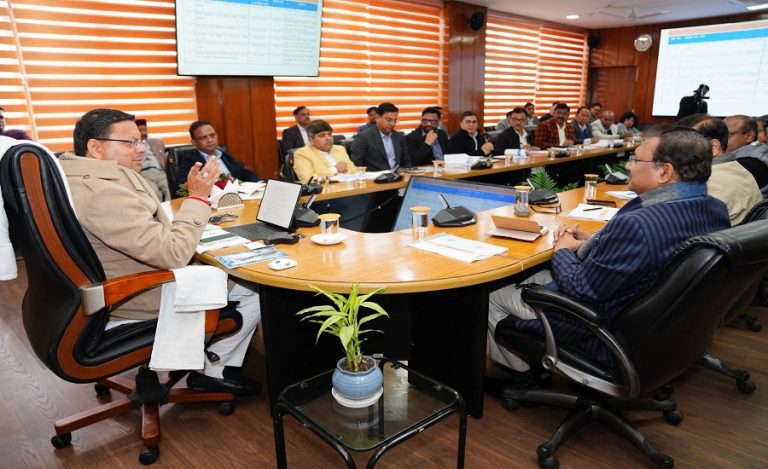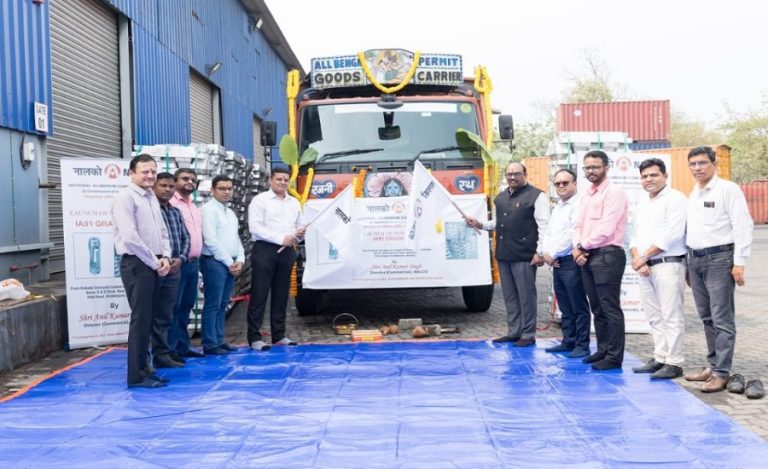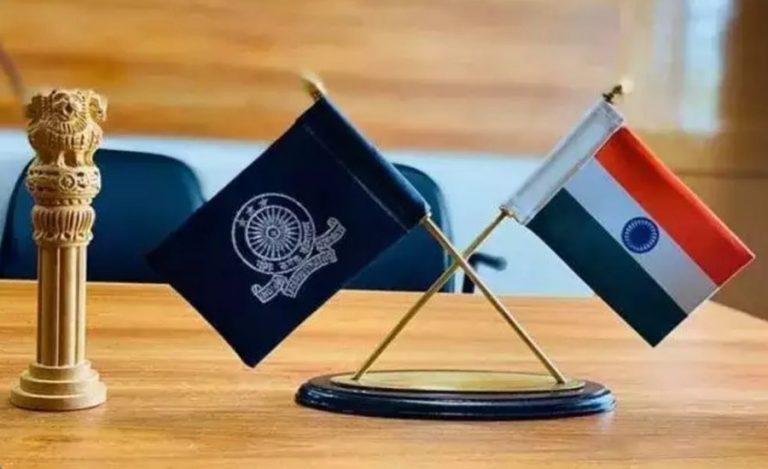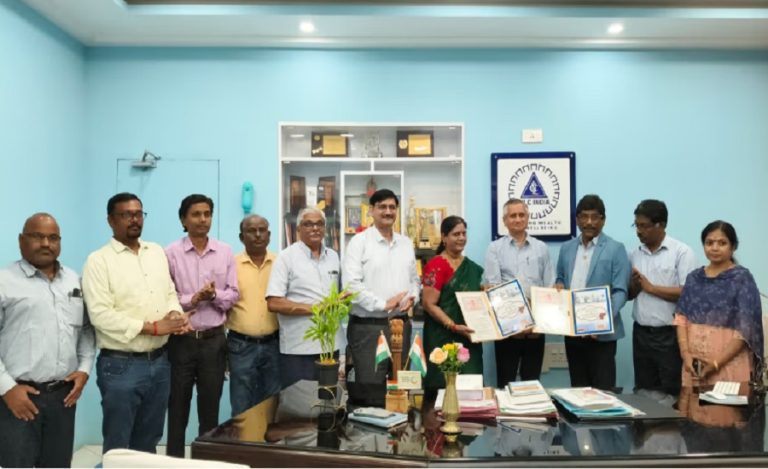With the implementation of the Bharatiya Nagarik Suraksha Sanhita (BNSS) replacing the Criminal Procedure Code earlier this month, the workload of forensic experts in Delhi has surged dramatically. In response, the Delhi government has initiated measures to bolster its forensic science laboratory by hiring over a hundred new scientific experts, according to officials.
An official from Delhi’s home department stated that the current strength of the forensic science laboratory, which stands at 100 professionals, will be increased to over 250. This enhancement aims to address the increasing demand for forensic investigations of crimes under the new legislation.
The experts being hired encompass a range of specialties including ballistics, cyber forensics, computer forensics, photography, chemistry, and physics. While these experts will initially be hired on a contractual basis, recruitment rules are being developed for the permanent hiring of employees.
“We are aiming to complete the process of their hiring and training as early as possible. We are aiming at notifying the three new laws—Bharatiya Nyaya Sanhita, Bharatiya Nagarik Suraksha Sanhita, and Bharatiya Sakshya Adhiniyam—in the capital before August 15,” said the official.
Forensic officers will be the first responders at crime scenes, assisting investigators by collecting crucial evidence to secure convictions. They will conduct meticulous searches of every nook and cranny at the crime scene to ensure no evidence is overlooked. Detailed photography and videography of the location will also be essential parts of the investigation.
Under BNSS, forensic examination of crime scenes where the crime is punishable by seven years or more of imprisonment is mandatory. This requirement has significantly increased the workload of forensic professionals. Officials estimate that more than 80,000 cases will be investigated annually, including all murders, attempted murders, dacoity, narcotics trade, smuggling, and various other organized crimes.
Another official mentioned that the presence of the forensics team at crime scenes with potential sentences exceeding seven years is now mandatory. Previously, the decision to use videography was left to the investigating officer’s discretion. Now, under the new law, this practice is compulsory to ensure that a comprehensive picture is presented to the courts. The coverage of the crime scene from multiple angles by forensic experts may take more time but will significantly enhance the investigation. The increased visits to crime spots and the number of samples and exhibits to be analyzed will further elevate the workload.
“Currently, each police district has one forensics lab van, which we plan to increase. This will help in covering multiple spots simultaneously. We are also procuring necessary equipment for the teams,” added the official.
As Delhi prepares to implement these crucial changes, the reinforcement of its forensic capabilities stands as a pivotal step in enhancing the effectiveness and accuracy of crime investigations under the new legal framework.

